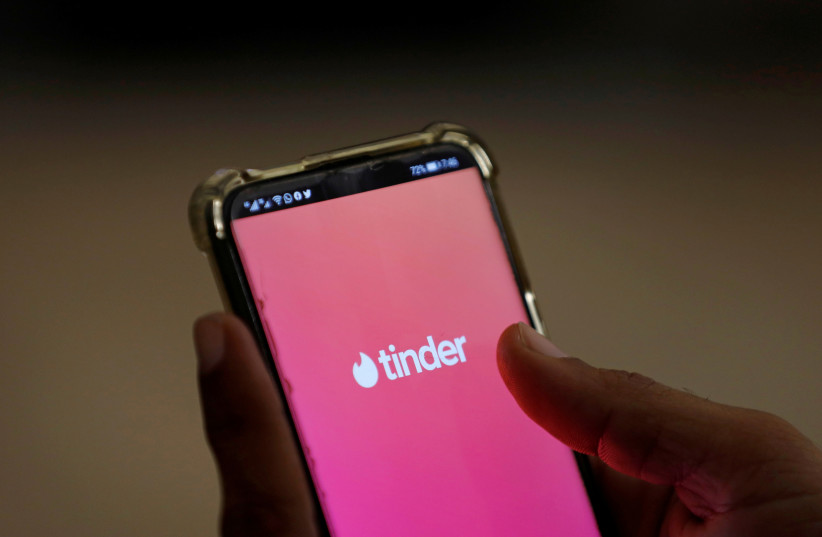International Data Privacy Day statistics show that Israelis are more exposed online than the average global web surfer, according to an interview with MINE startup CEO Gal Ringel on Sunday.
Every year, January 28th marks International Privacy Protection Day, or as it is known in Europe, Data Protection Day. The purpose of the day is to raise awareness and promote the protection of the right to privacy and personal information in the digital space. In the last year, there has been a significant increase in the public's awareness of their privacy and ownership of their information, despite the lack of regular information privacy regulations in Israel.
New data from the Israeli startup "MINE," which develops solutions in the field of privacy and data protection, provided new details about the Israeli and international services that hold information about us and how Israelis behave online with these services.
What's the situation in Israel?
From the data deletion system developed by MINE, it appears that personal details of an average Israeli user are in the hands of no fewer than 300 different companies and online services. Despite that, the data also indicates that the Israeli surfer has become more aware of the content and information that they share. In 2023, Israelis sent over 50,000 deletion requests to about 19,000 online services and websites through MINE. Compared to previous years, there is a trend of a decrease in the amount of "digital footprints" that Israelis leave behind on the net, with a decrease of 30% compared to the previous year. Despite the decrease in private information that Israeli surfers leave online, MINE's data shows that Israelis still have a "digital footprint" that is 20% larger than the world average.
What information do most Israelis want to be forgotten?
Coincidentally or not, January is also the month in which Israelis send the most deletion requests to the services they subscribe to. In January, on average, 20 times more deletion requests are sent than in the other months of the year. The beginning of the year is a good time to do a "digital housecleaning" and wisely manage online risks. At the top of the list of websites from which most Israelis asked to be forgotten is icount, which deals with accounting. In second place is the website ecommerce wish, followed by ezcount, cardcom solutions, Snapchat, ladpc, eBay, femi, Pinterest, and the top ten is rounded off by rivhit. Following those, find proMINEnt sites such as jobmaster, tabit, eventer, invoice4u, Wix, myheritage, bezeqint.net, Electra, pelephone, ksp, shufersal, and Domino's.
What does data privacy look like around the world?
In Europe, the pioneering GDPR privacy regulations were still the strictest of the global regulations. The year 2023 was a year of significant prosperity on the issue of privacy in the US as well, where privacy regulations are popping up like mushrooms after rain, and laws have been enacted in over 13 American states.

The system developed by MINE is currently used by over 5 million users, who in recent years have sent deletion requests to over 1.1 million services and companies. And this is thanks to more than 33 million activity deletion requests that MINE has forwarded through its systems. The sites that most people around the world asked to delete their details by MINE are Pinterest, Twitter, Wish, Change, Adobe, Quora, Snapchat, Spotify, eBay, Instagram, Scribd, Amazon, Booking, AliExpress, and finally, Tinder.
Gal Ringel, CEO of MINE, explains that although our information is everywhere, only 15% of the cases are active services that we use regularly. That is, in 85% of the sites where the user leaves details, he will not visit more than once. According to Ringel, "the main problem is that Israeli companies are not bound by privacy regulations and therefore are not bound to delete consumers' personal information, which increases digital risks." Despite this, Ringel claims, quite a few Israeli companies that respect the issue of privacy and the 'right to be forgotten,' operate in accordance with international regulations.
